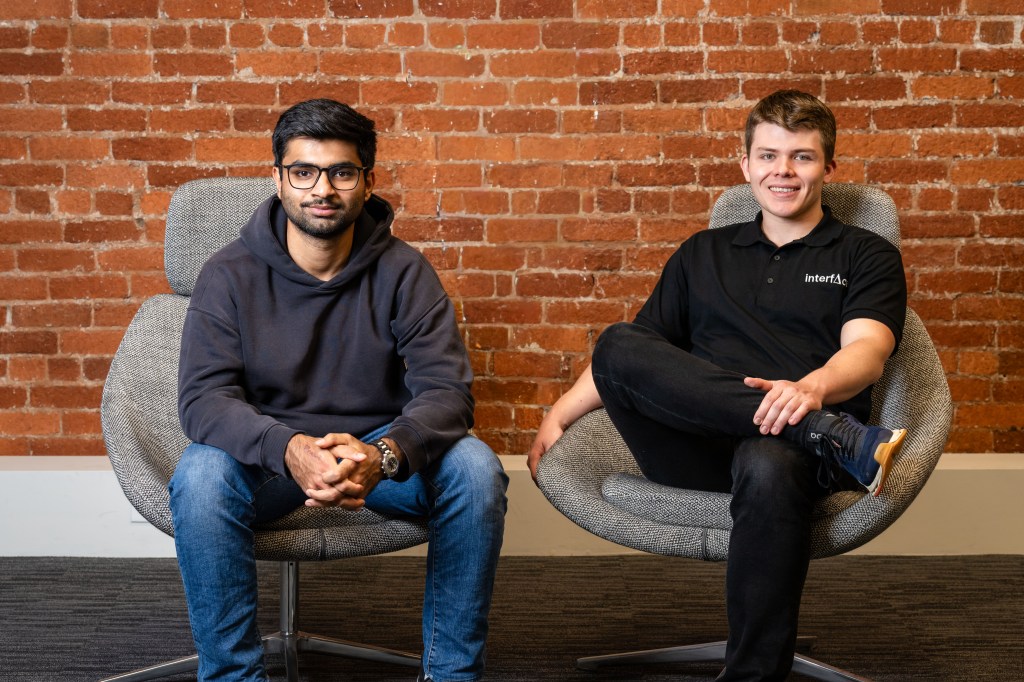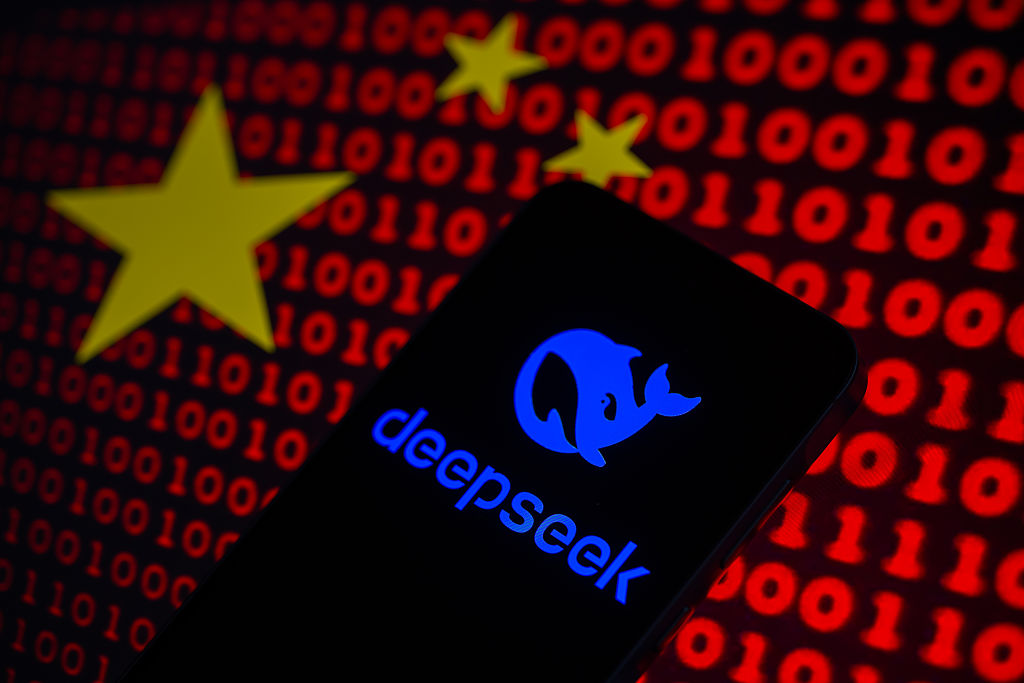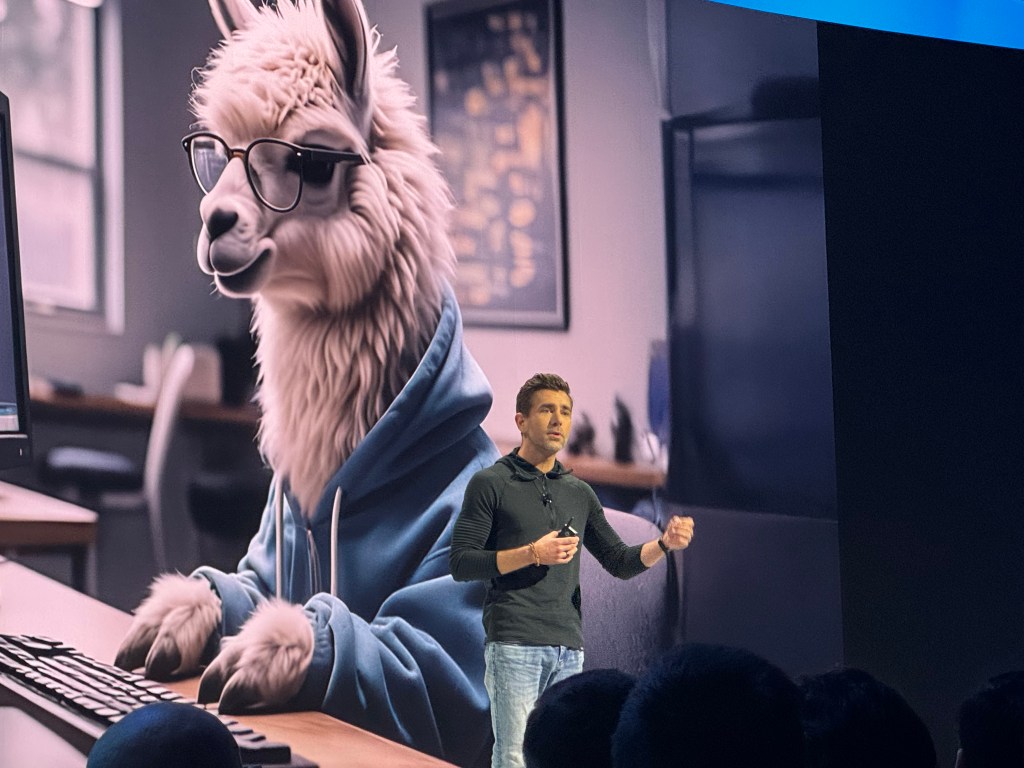From Trinidad to Tech: How Thomas Lee Young’s Unique Journey is Revolutionizing Industrial Safety
At just 24, Thomas Lee Young stands out in Silicon Valley’s entrepreneurial landscape. As the CEO of Interface, a San Francisco-based startup leveraging artificial intelligence to prevent industrial accidents, Young’s diverse background offers a fresh perspective in the tech industry.
Born and raised in Trinidad and Tobago—a nation rich in oil and gas exploration—Young was immersed in the energy sector from an early age. His family’s deep-rooted engineering heritage, tracing back to his great-grandfather’s migration from China, provided him with firsthand exposure to the intricacies of industrial operations. This unique upbringing has become a compelling narrative in his engagements with oil and gas executives, highlighting a journey that defies conventional paths and positions Interface with a distinctive advantage.
Young’s ambition to join the ranks of Silicon Valley innovators was evident from the age of 11. Captivated by documentaries showcasing the region’s technological prowess, he aspired to study at the California Institute of Technology (Caltech). Demonstrating remarkable initiative, he commandeered his family’s Roomba to create 3D spatial maps of their home—a project that became the centerpiece of his successful application to Caltech in 2020.
However, the onset of the COVID-19 pandemic disrupted his plans. Visa processing delays and a significant downturn in his college fund, which had been meticulously accumulated over several years, forced Young to reconsider his options. Opting for a more affordable three-year mechanical engineering program at the University of Bristol in the UK, he remained steadfast in his Silicon Valley aspirations.
During his tenure at Bristol, Young secured a position at Jaguar Land Rover, delving into human factors engineering—a discipline focused on optimizing the safety and usability of industrial systems. This role involved designing manufacturing processes and vehicles to be intuitive and error-resistant, ensuring seamless operations.
The experience at Jaguar Land Rover illuminated the critical importance of human factors in industrial settings. Young observed that many industrial accidents stemmed from human errors, often due to complex or poorly designed systems. Recognizing the potential of artificial intelligence to mitigate these risks, he envisioned a solution that could proactively identify and address safety hazards.
Upon completing his studies, Young relocated to San Francisco to actualize his vision. He founded Interface with the mission to harness AI in enhancing industrial safety. The startup developed a platform that integrates with existing industrial systems, analyzing data in real-time to detect potential safety issues and provide actionable insights to prevent accidents.
Interface’s innovative approach quickly garnered attention. The platform’s ability to predict and prevent accidents not only enhances worker safety but also reduces downtime and associated costs for companies. This value proposition resonated with industry leaders, leading to pilot programs with several major oil and gas corporations.
Young’s multicultural background and firsthand experience with industrial environments have been instrumental in Interface’s success. His deep understanding of the challenges faced by the energy sector, combined with his technical expertise, allows him to tailor solutions that are both effective and practical.
Moreover, Young’s journey underscores the importance of resilience and adaptability. Navigating the challenges posed by the pandemic, financial setbacks, and the complexities of immigration, he remained committed to his goal of making a meaningful impact in industrial safety.
As Interface continues to grow, Young remains focused on expanding the platform’s capabilities and reaching a broader range of industries. He envisions a future where AI-driven safety systems become standard practice, significantly reducing workplace accidents and fostering a culture of proactive risk management.
In a tech landscape often characterized by conventional trajectories, Thomas Lee Young’s unconventional path serves as a testament to the power of diverse experiences and perspectives. His story is a compelling reminder that innovation thrives when individuals dare to chart their own course, leveraging their unique backgrounds to address pressing challenges.



